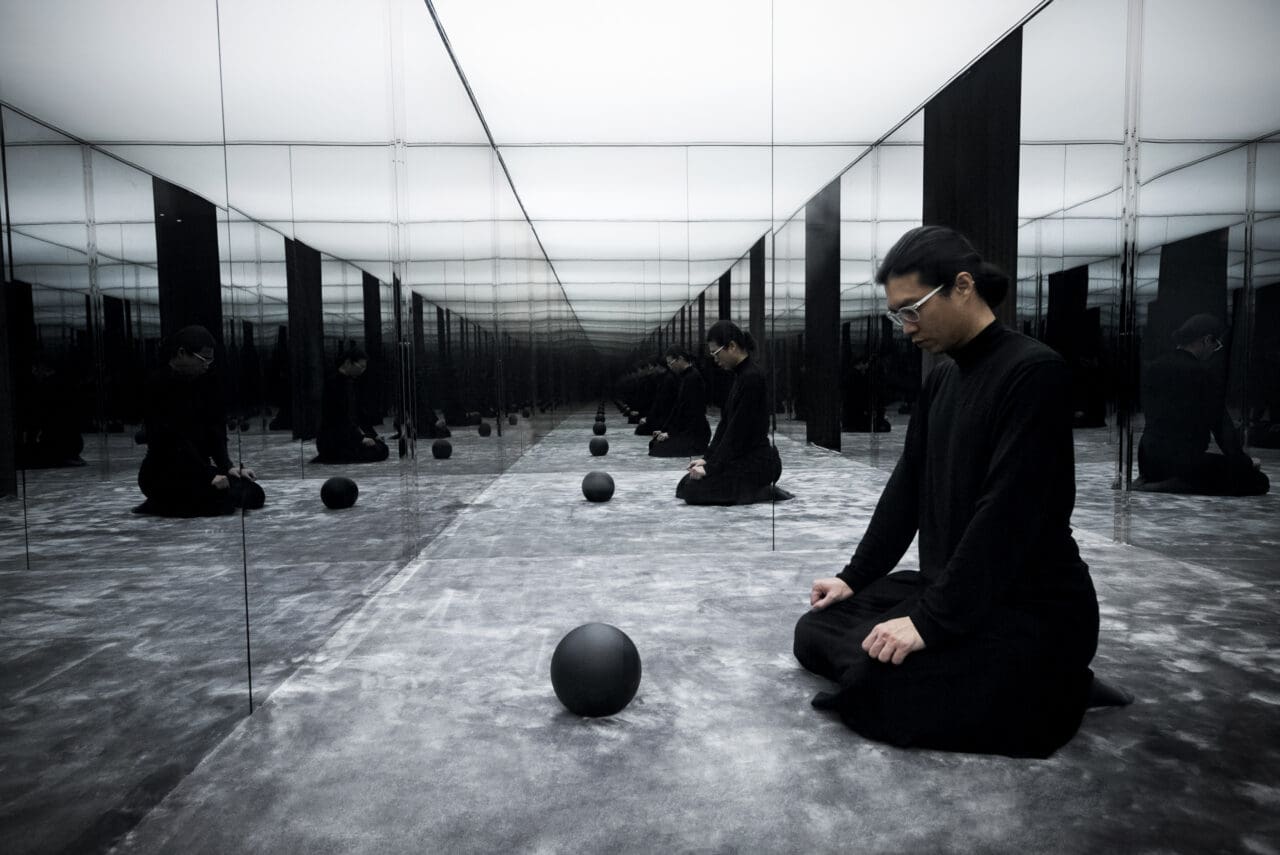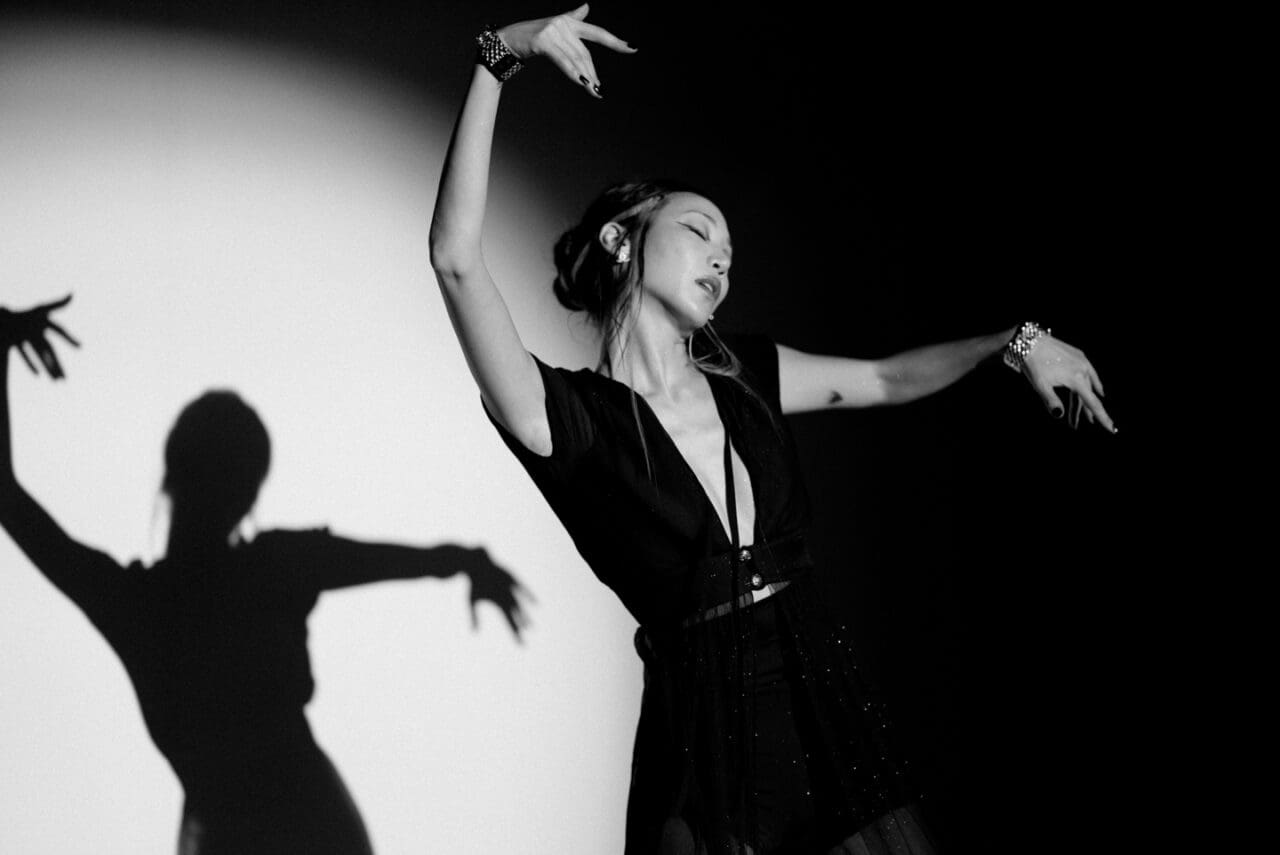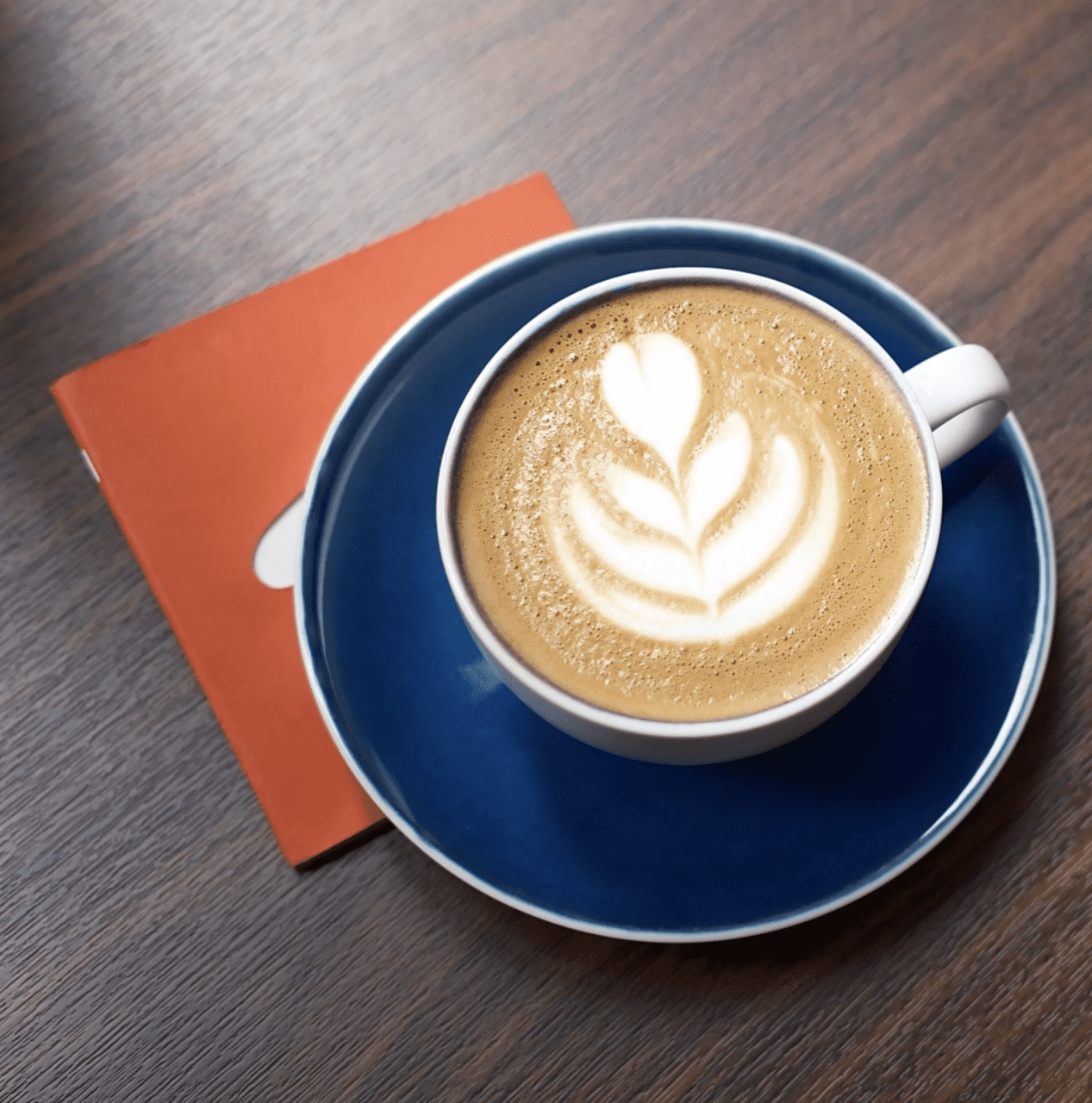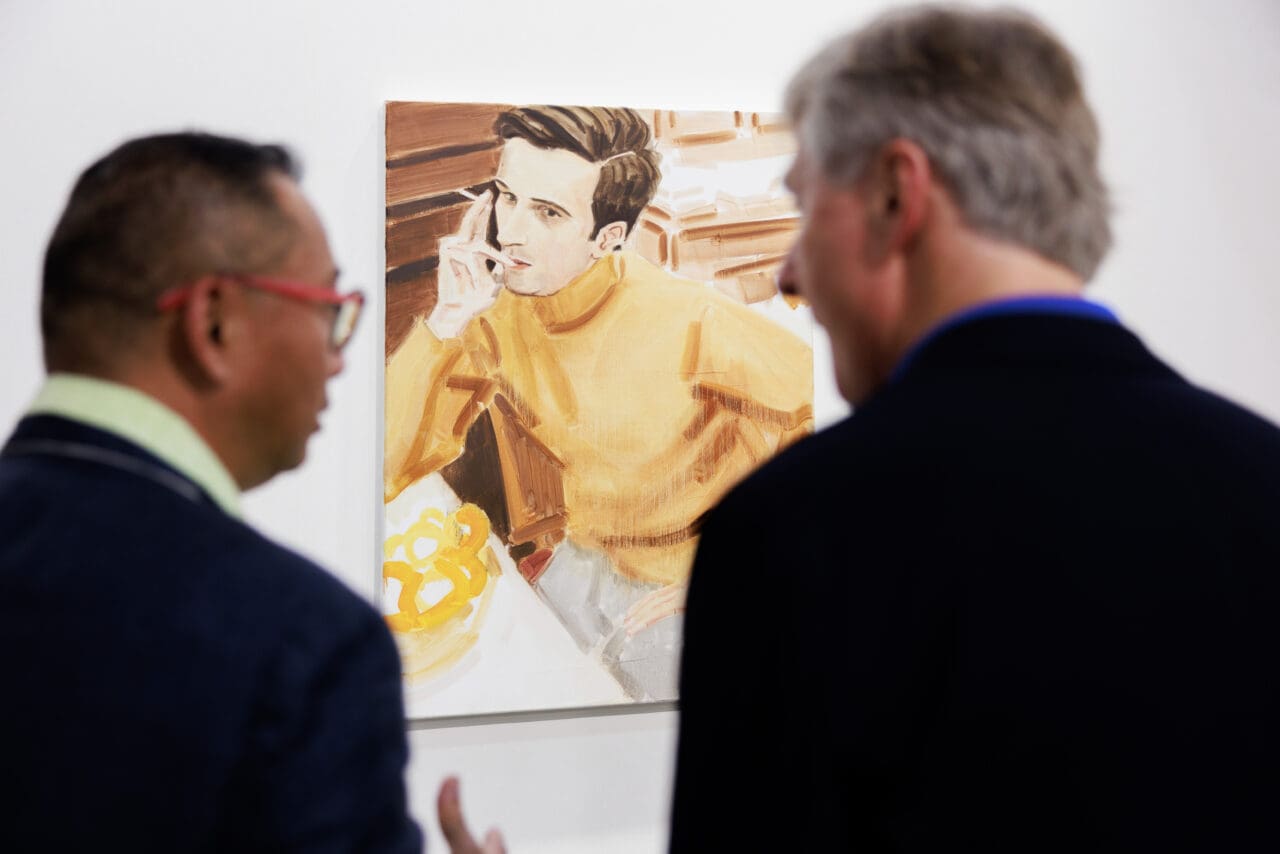During my conversation with Lean Lui, I was struck by the parallels between her work and Virginia Woolf’s “A Room of One’s Own.” Lui’s photography can be seen as her own “room,” where she channels her bravery and authenticity through her art. Her journey with photography began in 2018 when she was prompted by her personal experiences with school bullying. Since then, the 25-year-old Hong Kong photographer has consistently focused on herself and the female identity, employing a personalised perspective to depict a poetic and intimate inner world. Beyond introspection, Lui has also ventured into fashion photography, working with luxury giants. In 2023, she released a captivating photo book titled “Aseptic Field,” which offers a personal perspective on the human experience through her lens.
Can you introduce yourself? What inspired you to pick up photography?
The first time I channelled photography as a creative medium was with a series about school bullying, aiming to overcome some unhappy memories.
Did you feel a sense of catharsis after completing the project? Looking back on it now, what emotions does it evoke in you?
I felt an immediate sense of relief. What also helped was the positive media coverage and feedback from the exhibitions. Many attendees reached out to convey how my work resonated with them. Looking back now, it feels like a concluded chapter.
Tell us about your creative themes. What stories do you aim to convey through your lens?
I strive to capture the subtlety and ambiguity of the human experience, moments that can’t be easily put into words or emotions that are hard to define.
What is it about these topics that catches your interest?
Their authenticity is irreplicable. They are not something you can fabricate on demand.
Have any people, experiences, or works influenced your creative style?
My family, friends, as well as my experiences in life, have all been major influences.
Can you give us an example?
For instance, my first book, “19.29,” was a reflection and summary of my twenties. On the other hand, the new book, “Aseptic Field,” encapsulates emotions and experiences from the past five years, delving into my experiences with the pure and dark sides of love. Compared to the innocence in “19.29,” “Aseptic Field” is like Eve accidentally catching a whiff and tasting the forbidden fruit – still innocent and pure, but marked by traces of desire and being desired.
What sparks your urge to create?
Either unhappiness or the desire to explore the unknown.
What does creation mean to you?
For me, it is a form of exploring and expressing my inner self.
Simone de Beauvoir once said, “Memoirs of childhood and youth, trying not only to tell a tale but to explain who I was, how it came to make me who I am, in connection with the way the whole world in which I lived was and is’”. What does going on this journey of self-exploration mean to you?
It’s about seeking knowledge. In life, it involves exploring and defining your values; in art, it’s about developing your artistic language and expression.
Do you ever doubt or feel anxious about your work? Why do these thoughts arise, and how do they impact you?
Yes, there are times when I worry that the quantity and quality might fall short regarding depth, substance, or inspiration.
How do you approach the creative pressures that come with your medium?
I continue to shoot and experiment with my work as an ongoing effort to overcome the pressure – there are no shortcuts to the process.
What role does creativity hold in your life? How does it serve as an outlet for expressing your inner thoughts and emotions?
Creativity is my chamber, sanctuary, and treasure trove.
Does creating help you maintain a certain distance from the outside world and carve out a personal space for yourself?
It is more a means to find a balanced ground where I can be in harmony with the world yet maintain my sense of self.
Self-love is being true to oneself.
Lean Lui
If creativity brings you spiritual freedom, does it also bring you moments of loneliness?
Not really. For instance, with people who are meticulous about who they connect with, it may be more challenging to come across others who share similar values. However, I don’t necessarily view this as loneliness. Loneliness often stems from expectations placed on us by the outside world, and I don’t typically find myself thinking that way.
What kind of person do you aspire to be?
Someone genuine, resilient, and free.
How do you maintain your passion for creativity and life?
Learning without reflection leads to confusion, and reflecting without learning can be reckless. I consciously try to expand my understanding of my craft by regularly shooting, reflecting, and experimenting deeper in my artistic journey. I try to embrace life fully, have meaningful conversations with other fellow artists, and immerse myself in various works of art.
What does “Self-Love” mean to you?
To me, self-love is being true to oneself.
Does creating help you stay true to yourself? What’s the most precious reward you receive from it?
Engaging in creative pursuits helps me embrace my intuitions and emotions. It also allows me to confront any shortcomings but simultaneously appreciate my strengths.
Translated by Hala Kassem
Editor
Fung Hiu KwanCredit
Lead Photo: Vogue Hong Kong








